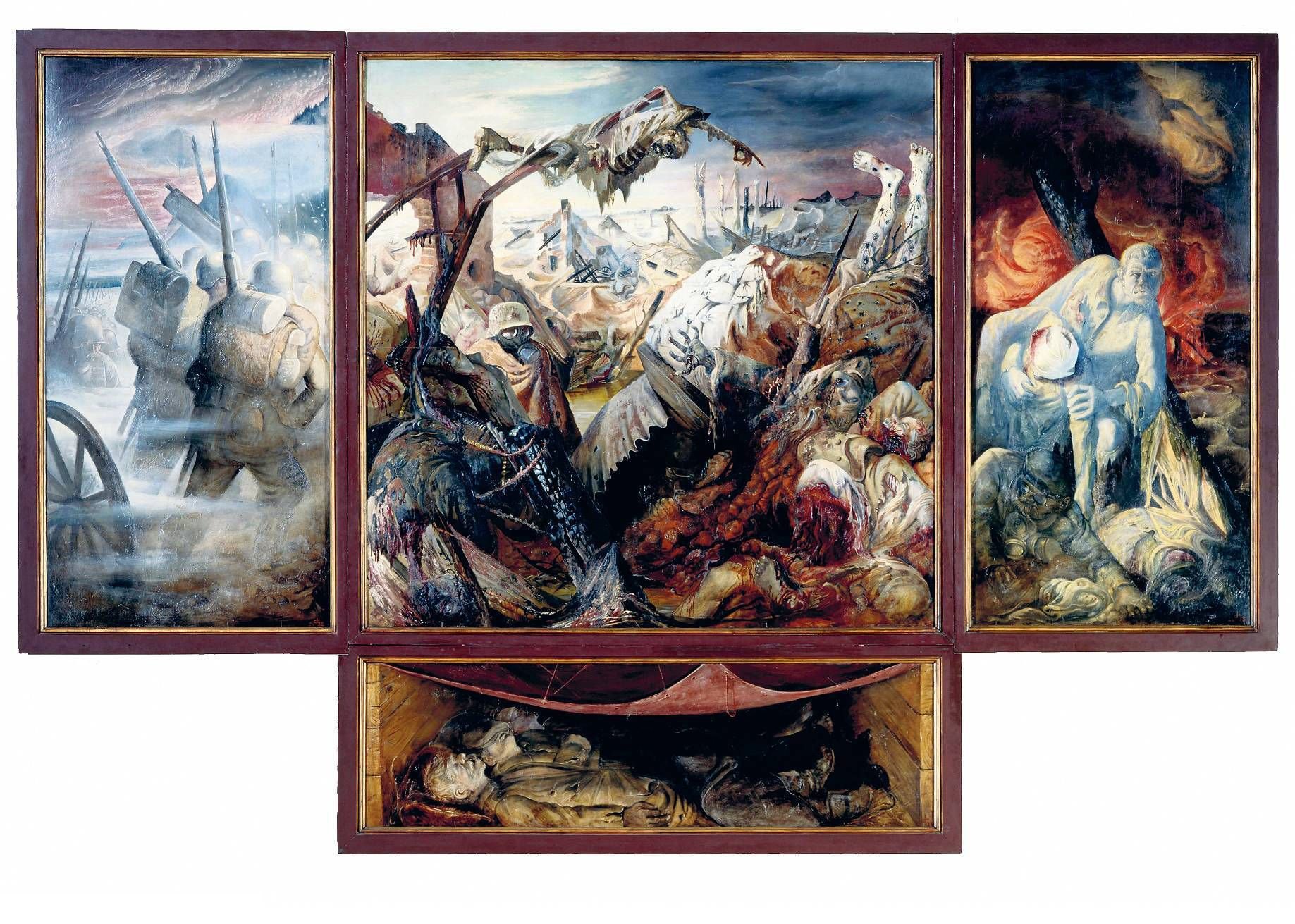The Digital Contagion
Photo: iStock
I have been reading about the effects of social media and digital technology on people, and it reminds me of the cultural climate after World War I. In no way, am I making light of the brutal reality and deaths of World War I. Like many Aspies (code of someone with Aspergers), I think in pictures, but many times my mind relates to artwork. My mind is full of artwork from many centuries, movements, and mediums. I love art, art history and how art relates to, manifests, and influences the politics and culture of the time. Digital Madness, a book by Nicholas Kardaras, PhD, explains “how social media is driving our mental health crises.” As I read this book, my mind filled with art from The New Objectivity. The insanity is being driven not by violent war, but a babelic algorithm created to fool us into believing we are willing actors on these social media platforms.
After World War I, people were disconnected from the mechanization of the war and its impact on their physical body and emotions. Because of the advancements in medical care that reduced the mortality rate of infections, many seriously wounded soldiers lived. German artists, many of whom witnessed the brutality of the battlefield, created a new movement – The New Objectivity. This new movement was a rejection of German Expressionism; it was the artist's reaction to the realities of modern war. Like Cubism, the human body was deformed, but this new style created a body that was grotesquely contorted with mechanical apparatus replacing limbs. These images were disturbing and raw like the horrors of war: trench warfare, chemical weapons, large calibers weapons, tanks, and many other technologies never before used on the battlefield. The human mind could not reconcile this mass brutality, death and injury.




In many ways our digital environment is creating the same impact as World War I. There are no mechanisms destroying the human body and mind, but a daily diet of digital toxins are breaking down our reality. We willingly participate on these online platforms, but unwillingly, we are drowning in a digital contagion spread by algorithm, force feeding us deception, delusion, and division. Foolishly, we believe that we control the feed on our social media. Many subsume to this new reality, which fuels mental health conditions both real and pseudo. Influencers peddle their artificial mental health opinions for views, likes, and money. They prey on these broken minds exploited by the almighty algorithm. Unlike the World War I soldiers, whose bodies and minds were deformed by war, people are enthusiastically choosing to surgically disfigure their bodies to conform forced desires into a false identity. They modify their bodies into elves, cats, and even attempt to change their gender. Disturbingly, younger and younger people are submitting to this mass digital contagion, but only to live in an immense world of numbing emptiness.
Our modern digital world is disconnected from the analog environment. After World War I, city streets were littered with the malformed, half-mechanized veterans, but civilians wanted to avoid this new disturbing reality. Like those civilians avoiding these broken veterans, we are avoiding connections to our natural world. Even when we connect over a meal, an event, or sports, that tiny glow is obstructing our view and connection with others around us. We wander our streets like zombies viewing our world through the tiny glow of a smartphone. We are documenting the beauty of our surroundings but hoarding images for views, likes, clout. We give our time and allegiance to a handheld, digital god that forces a false reality and false identity upon the masses with enthusiasm. We have created a disconnected world absorbed in vacantness.
Photo: iStock
Like the world after World War I, our modern digitally-soaked world has people longing for meaning and purpose within the babelic algorithm. The smartphone cannot speak into them the fulfillment of their longing. People are thirsty but are too prideful to admit they need God. They need to repent and ask God His for everlasting forgiveness. They need His saving grace through His son’s death on the cross and resurrection three days later. Grace is everlasting and secures us in the safety of His eternal home, where all will be healed, all will have peace, and tears will be no more.




